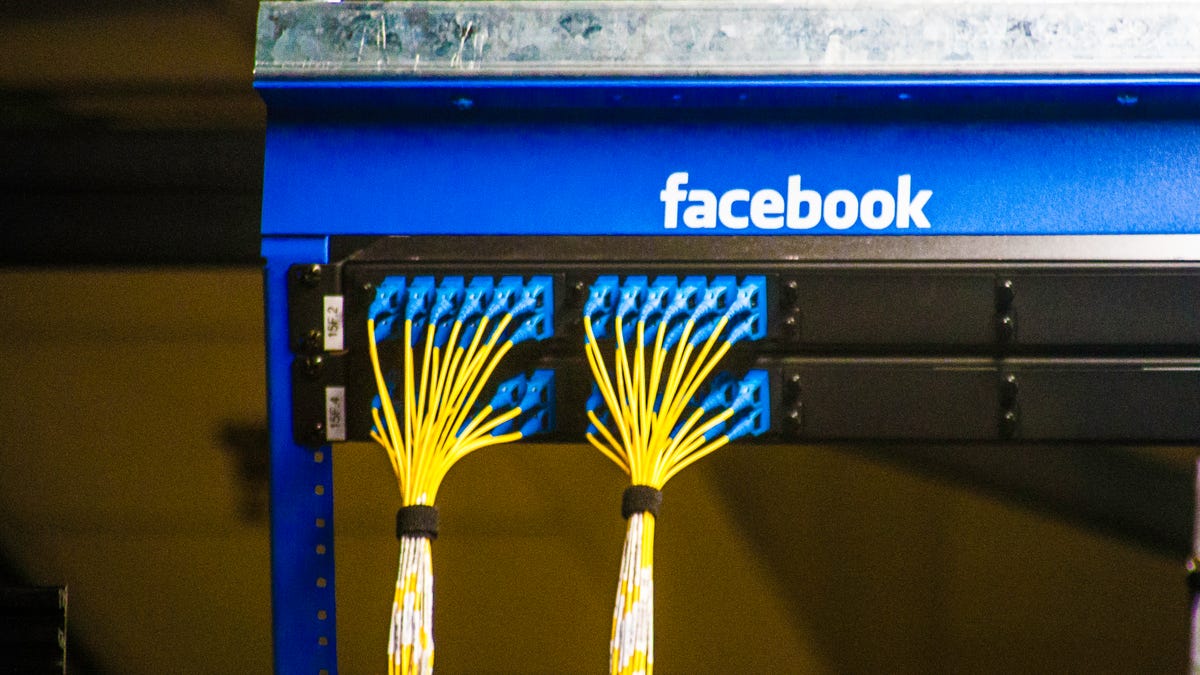Facebook is changing its News Feed again, and you’ll never guess how!
The world's largest social network is going after click bait headlines. Will the one above survive?
Five Reasons You Should Care Facebook Is Changing Again
The Inside Scoop On The Latest Change To Facebook
You'll Never Guess What Facebook Is Doing This Time!
So much for headlines like that. The world's largest social network is going up against internet journalism's biggest scourge: click bait.
You know what I'm talking about. They're the type of headlines that overpromise and underdeliver, that lure you into reading something without substance.
In recent years, these headlines have followed a predictable format, written with drama and pizzazz but far less informative than The New York Post's famous "Headless Body In Topless Bar."
If that were rewritten as click bait, it'd probably be: "You'll Never Guess What They Found In THIS Bar!"
Facebook is weeding these headlines out by -- no surprise -- training an algorithm on the problem. The company has already identified and punished people who post click bait headlines by watching how much time lapses between someone clicking on a link and then returning back to Facebook. Too short, and it's probably click bait.
Now the company's going even further.
Facebook categorized tens of thousands of headlines as click bait, then taught a computer to identify new, similarly useless examples.
Click bait headlines tend to be similar, the company said. They typically withhold information or exaggerate what the story is actually about.
A Facebook spokeswoman declined to say which publications the company had identified as the worst offenders, though I've got my eye on a few. None of them apparently has been warned about this change.
"We anticipate that most Pages won't see any significant changes to their distribution in News Feed as a result of this change," Facebook data scientist Alex Peysakhovich and company researcher Kristin Hendrix said in a statement. "Websites and Pages who rely on click-bait-style headlines should expect their distribution to decrease."
We'll see. Or should I say: You Wouldn't Believe What's About To Happen To Click Bait Headlines!


